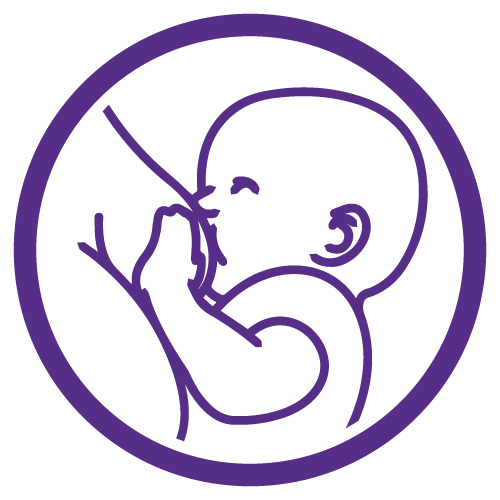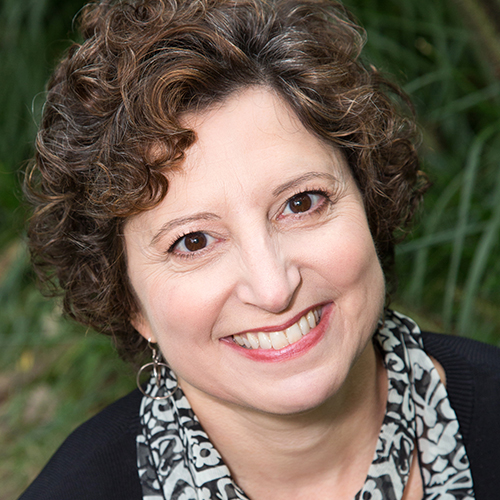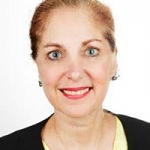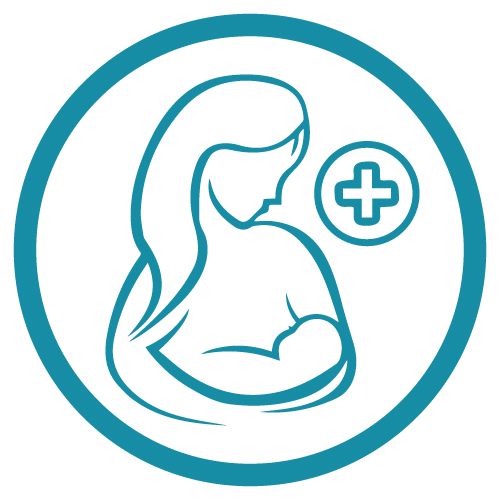 Lactation & Breastfeeding Online Course(s) & Continuing Education
Lactation & Breastfeeding Online Course(s) & Continuing Education
Access the latest clinical skills and research for Lactation & Breastfeeding for professional training. These Lactation & Breastfeeding online courses provide practice-changing skills and valuable perspectives from leading global experts. This Lactation & Breastfeeding education has been accredited for a variety of CEUs / CERPs and can be accessed on-demand, at your own pace.
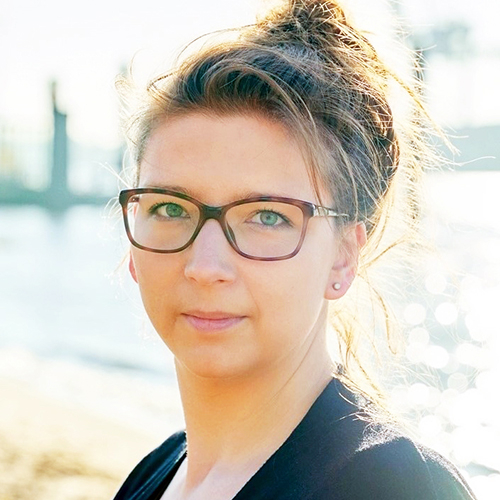
Sucking Disorders in Children with Neurological, Muscular, Genetic or Anatomical Diseases

Lina Mazzoni is a Lactation Consultant, IBCLC with a Bachelors Degree in Speech and Language Therapy. Since 2013 she has been working primarily with children and specialized in the treatment of sucking, swallowing and feeding disorders. In 2019 she became a Lactation Consultant to be able to work equivalent with the children and the mother. As a working mom she worked part time as a Lactation Consultant in a hospital in Hamburg, started her own privat practice in 2019 and since october 2021 she works exclusively in her private practice as a lactation consultant and SLT. She also works as an Instructor in lactation education and further education regarding feeding developement and disorders . Lina has two children and lives with them and her husband in Hamburg, Germany.
Topic: Sucking Disorders in Children with Neurological, Muscular, Genetic or Anatomical Diseases - [View Abstract]
For an infant, breast/chestfeeding and sucking is the normal form of feeding. If an infant is born with an underlying neurological, muscular, genetic or anatomical disease or if neurological changes occur due to complications, this form of feeding may be disturbed. Since the interaction of breathing-sucking-swallowing requires the coordination of over 60 muscles and several cranial nerves, even small changes in physiology can throw the system out of balance. Congenital-Heart-Disease, Down Syndrome or a disorder of the central nervous system due to pre- or postnatal trauma, infection or structural defect differ in their symptoms, but what they all have in common is that sucking and oral intake of food can be impaired. When working with infants or lactating parents, children with sucking disorders due to an underlying disease may also be present. It is important to know which underlying diseases can have an impact on sucking and how the children and families can be supported to enable or improve oral feeding and to be able to assess which interdisciplinary team would be useful to ensure the best possible care.
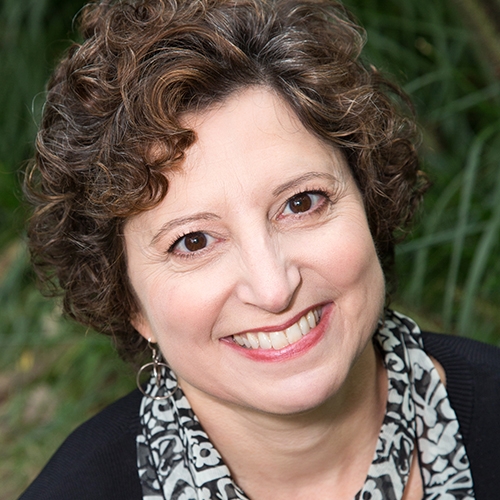

Alyssa has been helping parents and babies with breastfeeding since 2002, first as a La Leche League Leader and since 2009 as an International Board Certified Lactation Consultant.
Alyssa works in private practice serving clients worldwide, primarily through telehealth. She is the author of Breastfeeding Without Birthing: A Breastfeeding Guide for Mothers Through Adoption, Surrogacy, and Other Special Circumstances and a professional supplement to the book, The Breastfeeding Without Birthing Professional Pack online training.
Alyssa has authored articles for The Journal of Human Lactation: The Three Step Framework for Inducing Lactation and Successful Co-Lactation by a Queer Couple: A Case Study. She has also authored articles for La Leche League’s Leader Today and Breastfeeding Today magazines, and Adoptive Families magazine. She is an international speaker on the topics of inducing lactation, relactation, and other related topics. Alyssa is the proud mother of three breastfed children, two by birth and one by adoption. She lives in St. Louis, Missouri, USA.
Topic: Demystifying Inducing Lactation: How Lactation Happens Without Pregnancy and Birth - [View Abstract]
Topic: ReLATCHtation: Transitioning the Exclusively Bottle-fed Baby to Nursing - [View Abstract]
Topic: Supplementation: A Goldilocks Dilemma - [View Abstract]
Topic: The Proficient Pumper - [View Abstract]
Too much supplementation means baby is getting less of the parent’s own milk, and eventually, there is less milk production for the parent. Too little supplementation means baby is not fed enough. So how do we find that juuuuust right amount? Or determine whether supplementation is really necessary? When it is necessary, how do we supplement in a way that preserves long-term breastfeeding outcomes? This presentation can serve a guide for if, when, how and how much to supplement direct breastfeeding with additional human milk or infant formula.
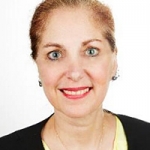

Jake Marcus, J.D., is the nation’s foremost expert on breastfeeding law. Formerly Staff Attorney at a non-profit assisting survivors of domestic violence, her current private practice focuses on small businesses (including the business issues of health care practitioners such as IBCLCs and midwives) and healthcare. She was Politics Editor at Mothering magazine until it ceased publication in April of 2011. She was a member of the Legal Advisory Council to La Leche League International. She created and maintains BreastfeedingLaw.com.
Breastfeeding women find themselves in need of assistance in a wide variety of legal contexts. This session reviews the options available to lactating women in custody disputes, as criminal defendants, as witnesses, when called for jury duty, and as immigration detainees.

View Details / Enroll


Joy MacTavish, MA, IBCLC, RLC is an International Board Certified Lactation Consultant and certified Holistic Sleep Coach focusing on the intersections of infant feeding, sleep, and family well-being. Through her business, Sound Beginnings, she provides compassionate and evidence-based support to families in the greater Seattle area, and virtually everywhere else. She entered the perinatal field in 2007 as birth and postpartum doula, and childbirth and parenting educator. Joy holds a Master of Arts in Cultural Studies, graduate certificate in Gender, Women and Sexuality Studies, and two Bachelors degrees from the University of Washington. She enjoys combining her academic background, analytical skills, and passion for social justice into her personal and professional endeavors. Joy serves as an Advisory Committee Member and guest speaker for the GOLD Lactation Academy. When not working or learning, she can be found homeschooling, building LEGO with her children, or dreaming up her next big adventure.
Topic: Full-Term Breastfeeding/Chestfeeding: Benefits, Considerations, and Ways to Offer Support - [View Abstract]
Topic: Mindful Breastfeeding: How Lactation Professionals Can Support Calm and Connection - [View Abstract]
Topic: Sending Reports: What’s in it for IBCLCs? - [View Abstract]
Topic: Supporting Clients Facing Fertility Treatment - [View Abstract]
Topic: The Intersection Between Lactation, Sleep, and Family Well-Being - [View Abstract]
Topic: Weaning: Supporting Families Stopping Lactation and/or Ending Their Breastfeeding/Chestfeeding Relationship - [View Abstract]
Many breastfeeding/chestfeeding parents seeking to grow their families through Assisted Reproductive Therapies (ART), including IVF will be faced with limited or conflicting information and challenging decisions. When they turn to lactation professional for support it’s important that the receive knowledgeable and compassionate care. This presentation will equip lactation professionals with an understanding of not only the various therapies, procedures, and medications, by the mental and emotional aspects that breastfeeding/chestfeeding families may experience in their fertility journey.
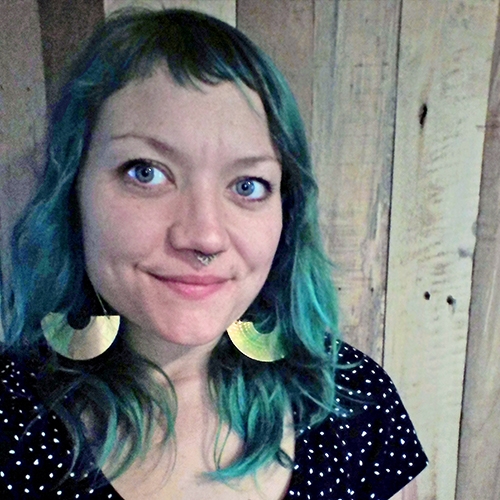

Anna is an IBCLC in Minneapolis, Minnesota. They started their work in the lactation field as a La Leche League Leader in 2015 and achieved board certification in 2018. Her three years with La Leche League included a two-year position as Equity, Diversity, and Inclusion Administrator of LLL of Minnesota and Dakotas. Anna has worked with the Twin Cities' Queer Birth Project and currently serves as IBCLC for St. Paul- Ramsey County WIC and Baby Cafe. She holds a BA in Gender, Women and Sexuality Studies from the University of Minnesota, and works to break down barriers to lactation support and create space in the intersections of gender, sexuality, anti-racism, self healing, social and environmental justice, and natural infant feeding. She has presented for the Breastfeeding and Feminism International Conference, iLactation, La Leche League, the Twin Cities Birth and Baby Expo, and the Minnesota Department of Health. Anna holds down a homestead where she raises two kids and a bunch of animals and makes art. Find her at annabrauchlactationsupport.weebly.com.
In this session, I will explore how trauma held in the body interferes with the breast/chestfeeding experience on a physiological level, including how experiences of trauma, stress, and conflict contribute to stress hormones, as well as on an emotional level, preventing the bonding between parent and child that facilitates a fulfilling breast/chestfeeding relationship. I will share techniques for supporting parents with past trauma using interdisciplinary approaches that promote self-care and healing of trauma that include talk therapy, bodywork, use of herbs and other holistic and traditional approaches such as acupuncture, potential Western medicine/pharmaceutical support, peer support, lactation professional support, and family support, and how to integrate trauma-informed care into their lactation practice. We will discuss the role of gender dysphoria during breast/chestfeeding for trans and gender non-conforming parents and delve into the available research on techniques that queer, trans and gender non-conforming parents use to combat gender dysphoria, including hormone therapy, gender-affirming surgery, and chest binding, and the compatibility of those techniques with lactation.
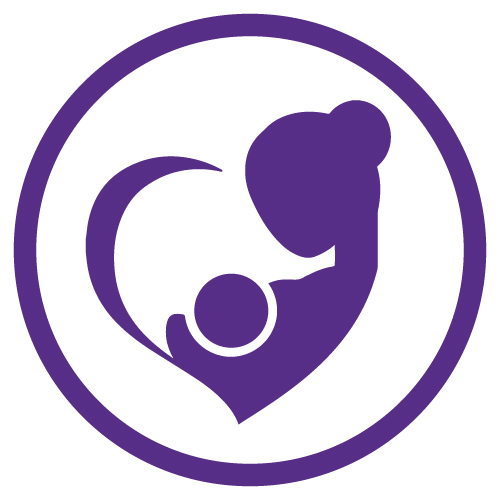
View Details / Enroll
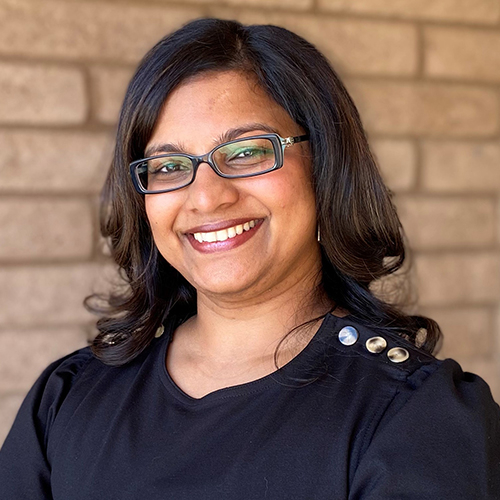
Supporting Early Oral Feeding Experiences in the NICU: Utilizing the Lens of Orofacial Myology

Ramya Kumar is an ASHA certified Speech Language Pathologist specializing in infant and pediatric feeding disorders while practicing in a Level 3 NICU and outpatient settings in Phoenix, AZ. She is a Board Certified Specialist in Swallowing & Swallowing Disorders, Certified Neonatal Therapist, International Board Certified Lactation Consultant, Neonatal Touch & Massage Certified Therapist & has completed the Trauma Informed Professional Certificate. Ramya is an internationally sought out speaker & clinical mentor on the topic of neuroprotective care in the NICU, Pediatric Feeding Disorders and Tethered Oral Tissues. Ramya is passionate about helping families create mealtime success through a whole-body lens. More recently, Ramya has been serving as a NICU Developmental Coordinator championing changes in unit culture, system-wide policy development and supporting transition of NICU families to community based programs. She has also co-founded Arizona NICU Follow-Up Specialists, a community resource supporting NICU grads and their families as they transition from hospital to home.
Topic: Trauma Informed and Family Centered Care! Keeping the Family Unit at the Center of a Tongue-Tie Treatment Model - [View Abstract]
One of the most complex and challenging tasks required of an infant in the neonatal ICU (NICU) is oral feeding. Oral feeding progression is also one of the most critical pieces of the discharge puzzle. Depending on their medical and nutritional needs, these infants often experience procedures like intubation and/or placement of medically necessary interfaces like nasal prongs, CPAP masks, orogastric and nasogastric feeding tubes. Intra-oral presence of tubes paired with the sensory motor implications of tape used to secure these interfaces and the overall challenges of a developing infant in the ex-utero environment places these infants at risk for oral feeding difficulties downstream. This presentation will provide participants with ways to support the developing oral structures and subsequent oral motor and oral sensory components of a neonate in an attempt to support breast and bottle feeding progression in the NICU.


Dr. Pound is a Clinical Investigator at the CHEO Research Institute, an Assistant Professor in the Department of Pediatrics at the University of Ottawa, and the Resident Research Coordinator for the Pediatric Residency Program at the University of Ottawa. She is a specialist in the field of Consulting Pediatrics and has presented at national meetings, and published in the area of breastfeeding, and has authored a position statement on breastfeeding for the Canadian Pediatric Society.
Topic: Supporting Exclusive Breastfeeding; What's A Physician Got To Do - [View Abstract]
In this presentation, Dr Pound will discuss the evidence supporting the importance of physician support, in order to encourage and maintain successful breastfeeding. An overview of recent research of Canadian physicians’ attitudes, comfort and knowledge with regards to breastfeeding will be provided, with a particular emphasis on specific knowledge gaps. Clinical scenarios will be discussed, in which ways to address breastfeeding difficulties will be examined, from the physician’s standpoint. Common universal myths and pitfalls will be addressed, and ways to efficiently integrate breastfeeding assessment into one’s clinical practice.
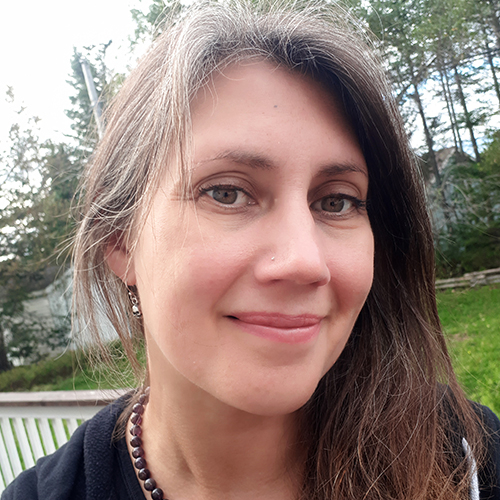
Supporting Older First-Time Mothers with Breastfeeding and Becoming a Mother: Insights for Clinical Practice

Rosann Edwards is an Assistant Professor in the Department of Nursing and Health Sciences at the University of New Brunswick Saint John, an experienced front line public health nurse, and lactation consultant. She is also a third-degree karate black belt, and mother of boys. Rosann’s research and community work focuses on breastfeeding, the transition to motherhood, maternal satisfaction with breast/infant feeding, mothering in the shelter system, and empowering vulnerable populations of women and their children. She is the co-editor of the recent Demeter Press Anthology Breasts across Motherhood: Lived Experiences and Critical Examinations.
Topic: Supporting Older First-Time Mothers with Breastfeeding and Becoming a Mother: Insights for Clinical Practice - [View Abstract]
Mothers 35 year of age or older are the fastest growing demographic of new mothers in many developed countries, & a steadily emerging global trend. The quality of a mother's breastfeeding experience has the potential to affect breastfeeding duration and factors that promote healthy maternal-infant attachment, infant growth and development, and maternal mental health. There is a lack of understanding of how older first-time mothers make decisions about breastfeeding and mothering. Learn more about new research that looked to answer the research question ‘What factors affect how first-time mothers >35 years of age make decisions about breastfeeding and the motherhood in the first six months postpartum?’ The findings provide a framework to work in partnership with older first-time mothers to enhance positive breastfeeding experiences, adaptation to motherhood and positive mental health outcomes through strategies that promote resiliency and shared decision-making around early postpartum care, and breastfeeding/infant feeding supports. Key components include helping mothers identify what satisfaction with breastfeeding is for them, encouraging increased levels of knowledge, control, trust and ownership, supporting them in redefining their core self, and providing realistic, evidence-based information.

View Details / Enroll
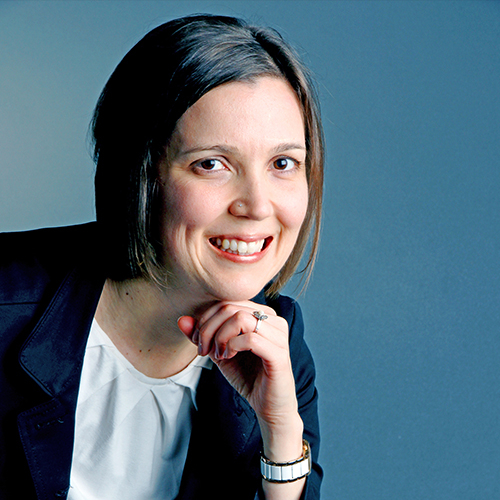
Supporting Parents Through Grief After the Loss of the Breast/Chestfeeding Relationship

Laurie-Anne Muldoon has supported families both as an RN and as a Social Worker in a variety of hospital, public health and community mental health settings in the U.S. and Canada for the last 25 years. She has felt privileged to have companioned many women, families and groups through their experiences of loss, upheaval and life transitions. Her passion for perinatal mental health was reignited following her own birthing and breastfeeding experiences with her son 11 years ago. Laurie-Anne brings her compassion and respect for human dignity to her work with parents transitioning into the world of parenthood. She is founder of The Ottawa Integrative Mental Health Collective. A proud Franco-Ontarian, Laurie-Anne was born and raised in Ottawa Ontario. She currently works in private practice specializing in perinatal mental health, birth trauma and loss.
For many mothers/lactating parents, their reasons for deciding to breast/chestfeed are often grounded in an effort to do what’s best for themselves and their child. Unfortunately, the reality is that on the road to trying to be the best parent they can be, breast/chestfeeding doesn’t always work out in the way that parents had hoped. In fact, sometimes it doesn’t work out at all. This loss can be deeply felt by a parent for a long time.
This presentation will explore what is at the heart of breast/chestfeeding grief and what distinguishes it from other types of grief. Lactation providers will also learn about several socio-cultural factors that amplify grief after the loss of the breast/chestfeeding relationship. Additionally, attendees will learn about some of the emerging data related to how the pandemic has impacted this type of grief. And lastly, we will take a closer look at how to respond more effectively to clients who are experiencing the loss of a breast/chestfeeding relationship with their child.
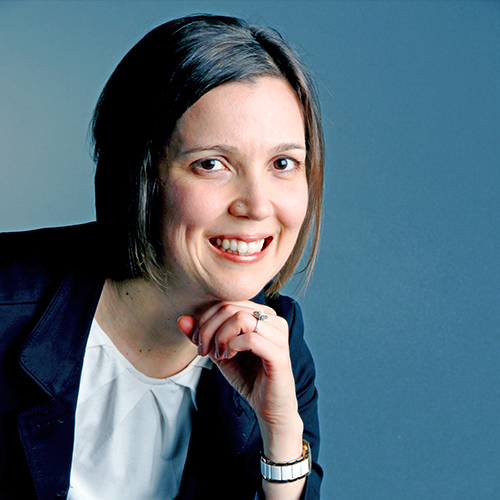
View Details / Enroll
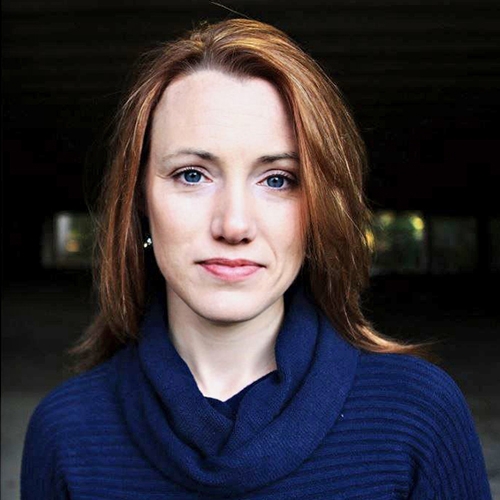
Survivor Mothers' Speak: Child Sexual Abuse Impacts Breastfeeding Experiences

Emily Taylor is nationally recognized for leading hospital transformations to advance health, happiness and equity in communities impacted by structural oppression.
As Founder and Director of WISE (Women-Inspired Systems’ Enrichment), Emily currently leads Perinatal Care Quality Improvement Collaboratives throughout the United States. The collaboratives feature equity and social justice, action-oriented knowledge and skill-building, community engagement, and advanced leadership development.
Emily serves as Chair of the United States Breastfeeding Committee – a coalition of more than 100 organizations that collaboratively drive efforts for policy and practices that create a landscape of breastfeeding support across the United States.
Prior to founding WISE, Emily was Deputy Director of the Carolina Global Breastfeeding Institute. There, she directed the National Collaborative for Advancing the Ten Steps and other collaborative programs. She also conducted myriad research studies resulting in publication on influence of infant formula marketing, implementation of the Baby-Friendly Hospital Initiative, access to donor human milk in the United States, child sexual abuse survivors’ experiences with breastfeeding, and organizational readiness to change.
Emily is currently pursuing her doctorate in Public Health Leadership at the University of North Carolina at Chapel Hill, the same school from which she earned her Master of Public Health from in 2007. She completed the Institute for Healthcare Improvement’s Improvement Advisor Professional Development Program in 2012, and Tamarack Institute’s “Champions for Change: Leading a Backbone Organization for Collective Impact” in 2013.
Her experience as a certified childbirth doula and Lamaze educator and her identity as a woman, feminist, sister, advocate, and equity accomplice continue to inform her work.
One in four girls in the United States report having been sexually abused before their eighteenth birthday. This session will explore how this experience impacts breastfeeding and how lactation supporters can play a positive role in both healing and feeding. A small amount of time will be dedicated to understanding the scope of child sexual abuse in the US. Participants will benefit from hearing lessons gleaned from contemporary peer-reviewed literature that explores the relationship between the surviving child sexual abuse and breastfeeding. The majority of time will be spent hearing from the experts themselves: mothers talking about how their experiences of child sexual abuse impacts their experiences with breastfeeding. Participants will gain insight to the vulnerability and resilience that exists within this large group. The session will end with recommendations for how to provide lactation support that respects and enhances parents’ opportunities to gain power, self-possession, softness and inter-generational healing.

View Details / Enroll



